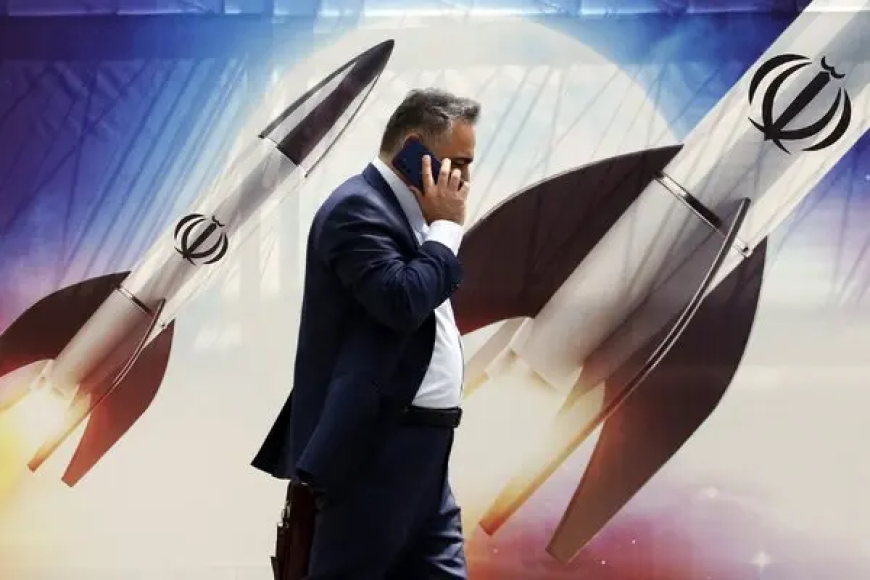Iran has strongly condemned the latest sanctions imposed by Britain, France, and Germany, which claim the nation has supplied short-range ballistic missiles to Russia for use in its ongoing war in Ukraine. Tehran has promised to take retaliatory "proportionate action" against what it calls "hostile policies" by Western nations.
Nasser Kanani, Iran's foreign ministry spokesman, described the sanctions as a continuation of "economic terrorism" against the Iranian people, warning that Iran will respond in kind. The sanctions, announced late Tuesday, include the cancellation of air service agreements with Iran and plans to impose further restrictions on Iran Air. Additionally, the three European countries intend to sanction key entities and individuals involved in Iran’s ballistic missile program and its alleged arms transfers to Russia.
Despite these accusations, Iran has firmly denied any involvement in supplying missiles to Russia. "Any claim that the Islamic Republic of Iran has sold ballistic missiles to the Russian Federation is completely baseless and false," Kanani stated.
The backdrop to these sanctions is an escalating partnership between Russia and Iran, which has alarmed Western nations, particularly over its implications for European security. U.S. Secretary of State Antony Blinken earlier stated that Russia has received shipments of ballistic missiles from Iran and is expected to deploy them in Ukraine within weeks. Blinken also revealed that Russian military personnel have been trained in Iran to use the Fath-360 missile, which has a range of 120 kilometers (75 miles).
The Fath-360 is a sophisticated short-range missile that can deliver precise strikes, and its use in Ukraine would likely escalate the conflict further. Western officials are concerned that deepening military cooperation between Moscow and Tehran poses not only a direct threat to Ukraine but also broader risks to European security.
This latest development comes amid growing tensions between Iran and the West, particularly over Iran's nuclear program and regional influence. Iran has faced numerous rounds of sanctions over the years, but this new set of punitive measures—specifically linked to its alleged support for Russia’s military campaign—marks a significant escalation in diplomatic hostilities.
As the situation unfolds, both Iran and Western nations will likely continue to exchange diplomatic and economic blows, raising concerns about further destabilization in both the Middle East and Eastern Europe.














































